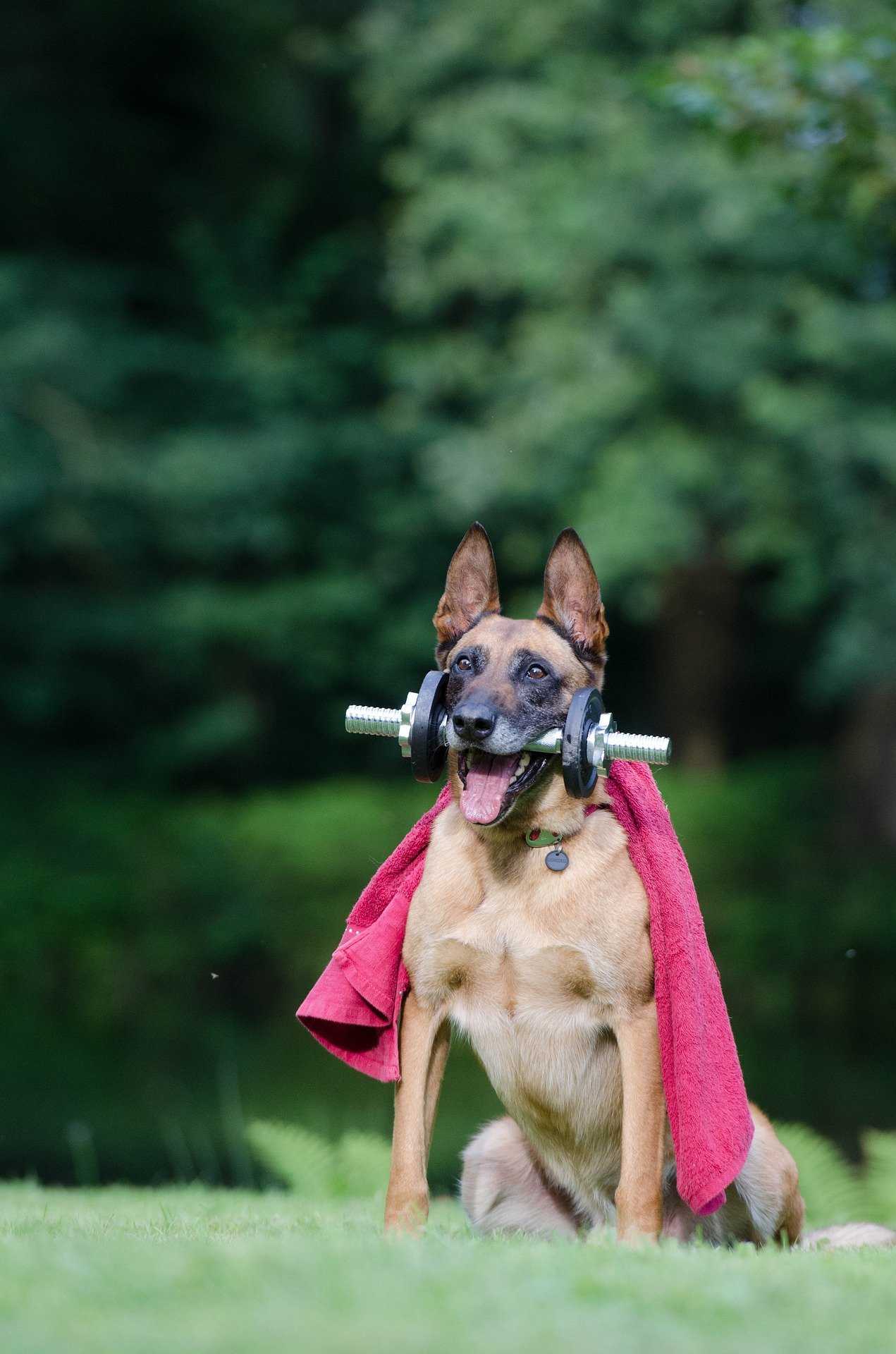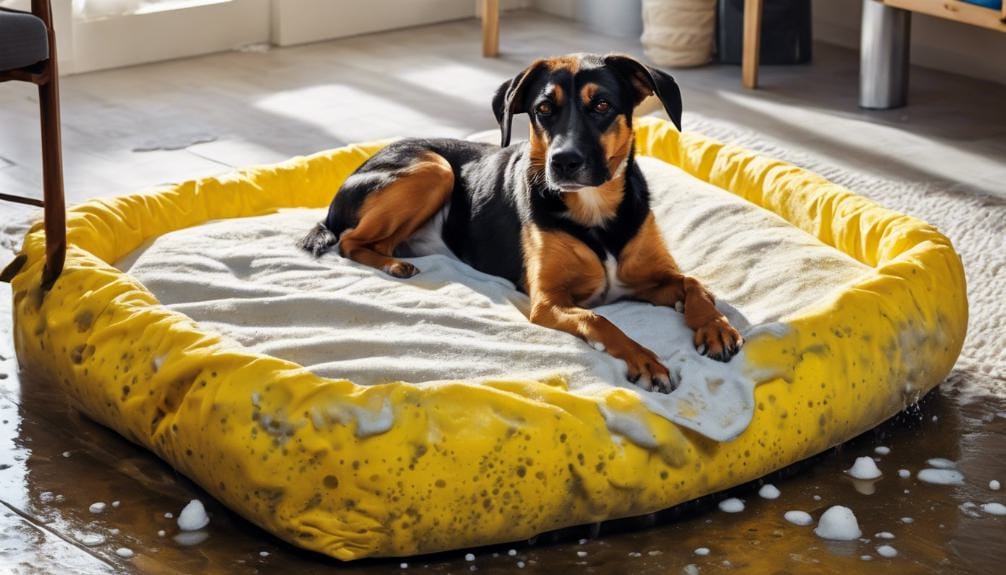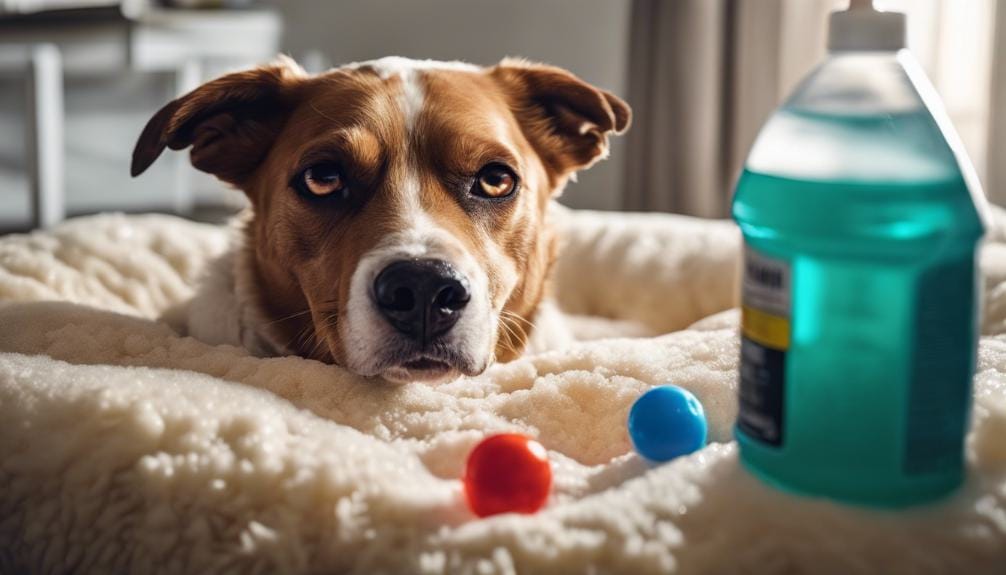Despite being classified as carnivores, the canine diet is often more complicated than simply raw meat. In fact, most dogs are both capable of and more than willing to eat a wide variety of fruits, vegetables and grains. Although meat remains the staple of canine diet, dogs do not require a high level of protein. Even in the wild, it is common for canines to eat available plants and fruit. Unfortunately, not everything that we eat as humans is fit for consumption by your protection dog. Many foods that we eat can be toxic to dogs, and even fatal. While some dogs may instinctively know to avoid certain foods, they are often more than willing to eat anything available, toxic or otherwise. A dog’s diet is the responsibility of its owner. It is up to you to know what is and is not safe for your protection dog to consume.

Spoiled Food:
While this should go without saying, some people are inclined to give spoiled food to their dog rather than throw it out. It is never okay to feed your dog moldy or spoiled food. The same mold and bacteria that can make you sick can also your make your dog sick.
Alcohol:
This is another one that should go without saying, but I’m sure more than a few dogs have suffered the consequences of an irresponsible owner, or a drink left unattended. A dog’s tolerance to alcohol is about that of a small child. Even small amounts can result in serious alcohol poisoning leading to liver failure, coma, seizures or death.
Tobacco and Drugs:
We sincerely hope that no one has tried to give their dog cigarettes, but it is often the case that cigarettes or pills are left unattended and are consumed by accident. Nicotine, pain killers, prescription drugs, cannabis and other illicit drugs are all highly toxic to dogs. While a child-safety cap may be effective at stopping children, it may not prevent your dog from chewing through the bottle. It is best to keep all cigarettes and medicines in a cabinet, out of reach from your dog.
Cat Food:
While it may seem strange that two carnivores cannot share the same food, the dietary requirements of a cat are very different from that of a dog. While a one-time incident probably isn’t anything to worry about, the high fat content of cat food can become toxic if consumed often, or in large amounts. All high-fat foods can trigger pancreatitus in dogs, which is potentially fatal. Other high-fat foods, such as bacon, can also be toxic for the same reasons.
Chocolate and Coffee:
While it is never a good idea to give your dog caffeine, chocolate and coffee both also contain a similar substance known as theobromine. Theobromine, while less stimulating to the nervous system than caffeine, has a much greater impact on the heart. In dogs, the increase in heart-rate is extreme and can lead to seizures, tremors and vomiting. Guarana, tea and even cola beverages may also contain theobromine.

Nuts:
Macadamia nuts and walnuts are toxic to all dogs. Peanuts are known to trigger extreme allergic reactions in some, but not all dogs. Because foods containing certain kinds of nuts may also contain traces of others, it is safest to avoid giving your dog any kind of nuts.
Rhubarb, Buckwheat, Tomatoes and Potatoes:
All of these foods contain a compound known as oxilic acid, or oxalate. While many other foods also contain oxalates, rhubarb and buckwheat have the highest concentrations while tomatoes and potatoes have high concentrations in the leaves, skins and, in the case of tomatoes, unripened fruits. Oxalates can trigger abnormalities in the functioning of the nervous system, kidneys and digestive tract of a dog. Tea leaves, star fruit, black pepper, parsley and poppy seeds are also known to contain oxalates and should not be fed to your dog.
Grapes and Raisins:
The toxic effects of grapes and raisins are not immediately noticeable in dogs. The ingestion of grapes and raisins causes acute failure of the kidneys. Lack of kidney function leads to a steady increase of other toxic substances in the blood which are normally filtered out. It is this build-up of other toxins which leads to death. Difficulty in, or lack of urination may be the only immediately noticeable symptom in a dog who has ingested grapes and is experiencing kidney failure.
Onions and Garlic:
Onions and garlic can result in a form of anemia caused by the bursting of red blood cells. Even very small amounts can have a severe negative impact on your dog’s health over time. Never feed your dog onions or garlic, or anything that contains onion or garlic powder as an ingredient.
Avocado:
Strangely, avocado seems to be toxic to many species of mammal, carnivores, herbivores and omnivores alike. Dogs are no exception. Avocado can cause fluid to build up in several organs, including the lungs. This leads to difficulty breathing, and death by asphyxiation.

Mushrooms:
This is not to say that all mushrooms are toxic to your dog. Many types of mushrooms that are edible by humans can also be consumed by dogs. However, wild mushrooms are an entirely different scenario. The innocent-looking mushrooms growing in the corner of your garden may contain deadly mycotoxins that could affect the kidneys, liver and even the brain of your dog. Be sure to remove any wild mushrooms from your lawn to prevent your dog from eating them.
Other Foods:
Of course, anything that might be toxic to humans is most likely toxic to dogs as well. However, there are a number of questionably edible substances which your protection dog should definitely avoid. These include yeast, any dough containing yeast, liver, raw fish, raw eggs, nutmeg, salt, persimmons, iron supplements and an artificial sweetener known as xylitol.





Leave a Reply
You must be logged in to post a comment.